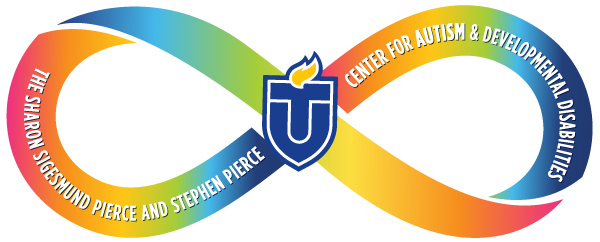What is Autism?
There are many terms and conditions associated with a diagnosis, this guide explores some of the definitions and facts about each.
Developmental Disabilities
Intellectual and developmental disabilities (IDDs) are disorders that are usually present at birth and that affect that person’s physical, mental, emotional development. To be considered a developmental disability, symptoms of the condition must be present in childhood years and expected to be present for life. According to the Centers for Disease Control (CDC), in the United States, about 1 in 6 children have a developmental disability. Examples of developmental disabilities include autism, behavior disorders, brain injury, cerebral palsy, Down syndrome, fetal alcohol syndrome, intellectual disability, and spina bifida.
Autism
Autism spectrum disorder (ASD) is a neurodevelopmental condition that influences how individuals perceive the world and interact socially, leading to challenges in communication and social engagement. It is not an illness or disease, and there is not a “cure,” but with therapy and other support they can overcome the challenges to make connections, establish communication, and better understand themselves. Autism does not affect a person's intelligence; it means the brain is working differently from others.
Autistic people may:
- find it hard to communicate and interact with other people
- find it hard to understand how other people think or feel
- find things like bright lights or loud noises overwhelming, stressful or uncomfortable
- get anxious or upset about unfamiliar situations and social events
- take longer to understand information
- do or think the same things over and over
The term "spectrum" highlights the broad range of symptoms and severity experienced by those with autism. Autism looks different for everyone, and each person with autism has a distinct set of strengths and challenges. There are various signs and ways to see if your child is behind on hitting milestone development markers, that may be an indicator of a diagnosis.
ASD Facts
- Autism spectrum disorder affects 1 in 36 children.
- Boys are nearly 5 times more likely than girls to be diagnosed with ASD. Girls are often underdiagnosed with autism and misdiagnosed with other conditions.
- Autism spectrum disorder is one of the fastest-growing developmental disorders in the United States. ASD is more common than childhood cancer, diabetes, and AIDS combined.
Autism is a lifelong condition, and an autistic person’s needs, strengths and challenges may change over time. As they transition through life stages, they may need different types of support and accommodations. Early intervention and therapies can make a big difference in a person’s skills and outcomes later in life.
Neurodivergence
Neurodivergence refers to a non-medical term describing individuals whose brains process information, learn, and behave differently from what is considered typical. The term “neurodivergent” describes people whose brain differences affect how their brain works. Rather than thinking there is something wrong or problematic when some people don't operate similarly to others, neurodiversity embraces all differences.
The concept of neurodiversity recognizes that both brain function and behavioral traits are simply indicators of how diverse the human population is. It is estimated that around 1 in 5 people may identify as having one or more neurodivergent identities. Neurodivergence includes conditions such as autism, ADHD, dyslexia, Tourette syndrome, bipolar disorder, anxiety, and obsessive-compulsive disorder (OCD).
